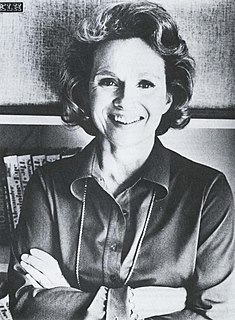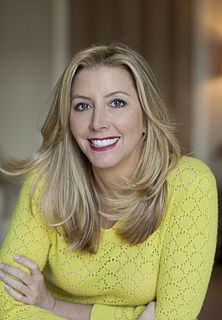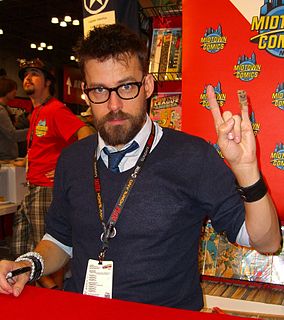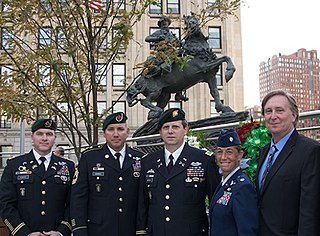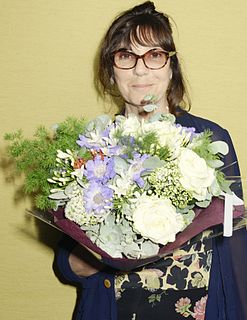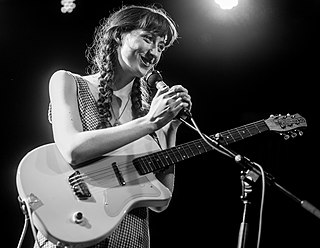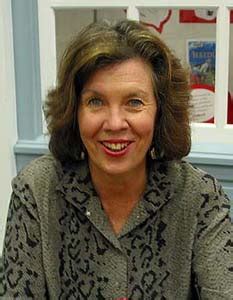A Quote by Shana Alexander
Before I ever heard about '60 Minutes,' I had been a writer, a columnist for 'Life' magazine and for 'Newsweek' - that was about as high as you could get in column writing. I care about my writing. I'm not a quack-quack TV journalist.
Related Quotes
I had written a lot about my dog dying before. I wrote a newspaper column about it and it turned out to be the most popular column I'd ever written. That and the lame Joni Mitchell column I did. But the dog column, my god! People love dogs. Anybody who writes regularly should know, when in doubt: dogs! If you're a columnist, when in doubt, write a column about the culture of narcissism - like a scolding column about the culture of narcissism - or write something about dogs. That's the homerun in my take.
That's one thing brands are understanding is, I'm the blogger who's not writing about fashion. I'm not writing about beauty. I'm not writing about gossip. I'm not writing about politics. I'm writing about all of that. I'm the person they can come to if they just want to reach people who care and have their fingers on pop culture.
If a writer of prose knows enough about what he is writing about he may omit things that he knows and the reader, if the writer is writing truly enough, will have a feeling of those things as strongly as though the writer had stated them. The dignity of movement of an iceberg is due to only one-eighth of it being above water. A writer who omits things because he does not know them only makes hollow places in his writing.
In my writing class, we never, ever talk about the writing - ever. We never address a story that's been read. I also won't let anyone look at the person who's reading. No eye contact; everybody has to draw a spiral. And I would like to do a drawing class where we could talk about anything except for the drawing. No one could even mention it.
The work saved me. I clung to it like flotsam in a boiling sea. It was the only solitary sport that I ever played, or was any good at. It felt natural to sit at my computer and type and type some more. For entire minutes, while writing, I could forget the godawful thing that had happened. I could forget that nothing really mattered anymore. Perhaps, if I set my sights low, I could care again about some small thing. I would type a word. One word. Then another. I started to care about the words, then entire sentences.
